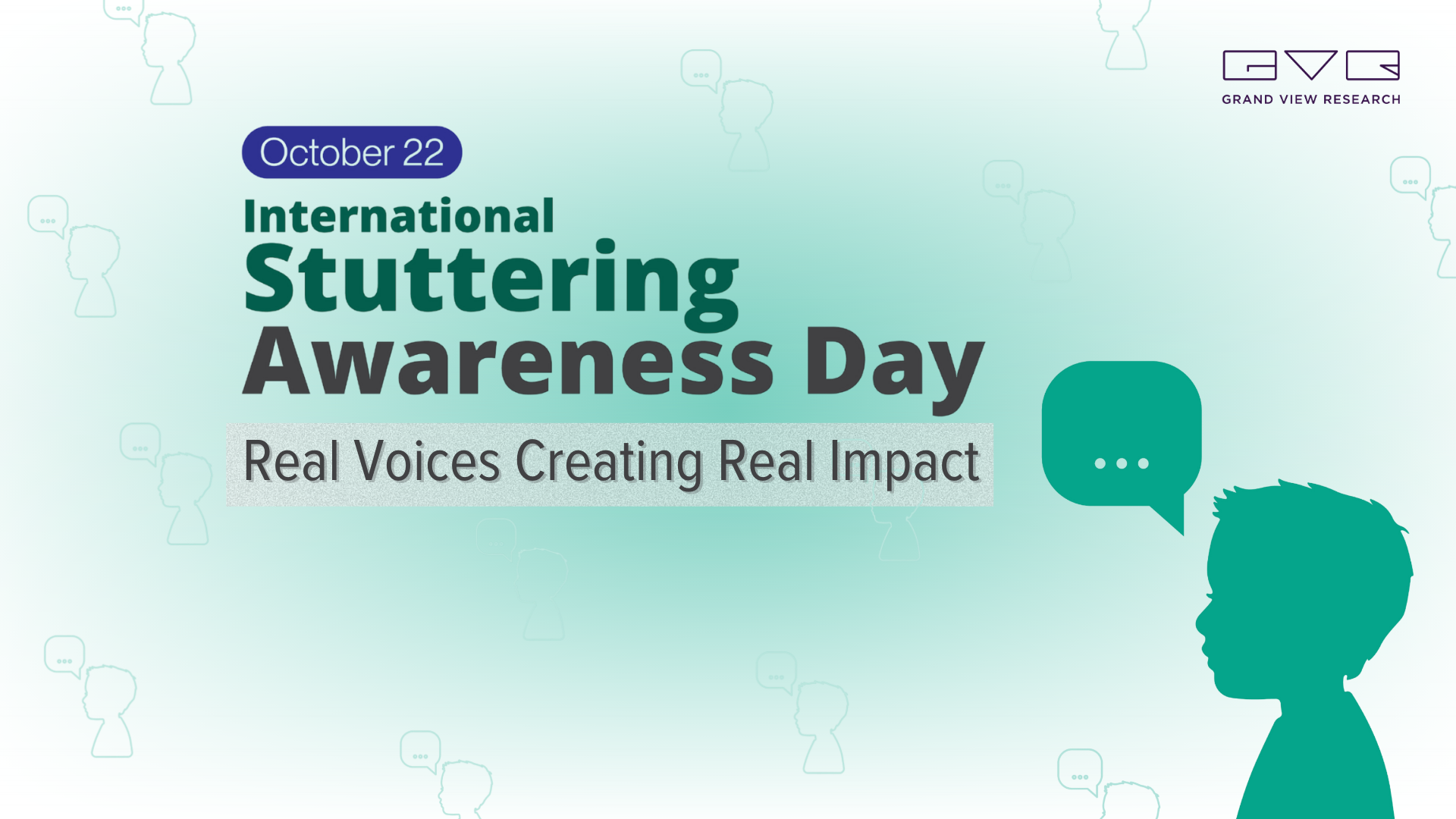International Stuttering Awareness Day: Real Voices Creating Real Impact
The world celebrates International Stuttering Awareness Day on October 22nd every year to raise awareness about stuttering and remove the stigma about the condition. Stutters often become the victim of bullying and exclusion from activities, leading to stress, depression, social anxiety, communication problems and lower self-esteem. Stammering may be neurological and it can vary based on individuals; it can be hereditary, too. An article published on BBC in October 2022 inferred that around 70 million people stammer globally.

Stars such as Marilyn Monroe, Elvis Presley, Nicole Kidman and Emily Blunt join the list of famous people, including Biden, Winston Churchill and King George VI, who had grappled with stuttering. But what is stuttering and how does it manifest itself? It is a neurological condition that disrupts the normal flow of speech. People with stuttering may repeat syllables, a vowel or consonant sound, get stuck mid-word and make sounds longer, despite knowing what they want to say.
Although stuttering is more common among young children, the NHS claims that it affects one in 100 adults-men are three to four times more likely to stutter compared to women. The fluency disorder caused by brain structure differences, genetics and family history warrants the need for speech therapy and telehealth.
Speech Therapy Services: A game changer with VR technology
Speech therapy has emerged as a value proposition to boost the diagnosis and treatment of speech, voice and language. So much so that American and European schools have been at the forefront of integrating speech therapy. In August 2024, researchers at Leeds Beckett University collaborated with three NHS organizations and stammering expert-SuperPenguin to develop interactive tools for parents, Speech and Language Therapists (SLTs) and carers. The National Institute for Health and Care Research (NIHR) has reportedly poured £1.5 million (approximately USD 1.9 million) into the three-year project.
Lately, digital speech therapy has come to the fore on the back of the growing prominence of:
-
Virtual Reality (VR) Therapy: VR has brought a tectonic shift in the speech therapy services market, providing an immersive experience and safe space to help people speak in diverse and real-life situations. In November 2023, South West Yorkshire Partnership NHS Foundation Trust used VR software to help young people and children who stammer.
-
Speech Recognition Technology: Therapy apps have become prevalent for real-time feedback and personalized experience. For instance, Artificial Intelligence (AI) can help therapy service providers tailor therapy programs and address challenges based on unique needs.
With advanced technology taking precedence, VR therapy could be the silver bullet that can help reduce stuttering.
Meanwhile, home healthcare market players are bullish on speech therapy services on the back of personalized treatment-more so for adults. At-home service can reduce stress, build overall confidence and enhance breathing. The comprehensive technique has the innate ability to address psychological, emotional and practical facets of stuttering. For instance, people with increased stuttering may require psychological therapy to reduce stuttering-related anxiety.
Telehealth Makes Things Comfortable
People with fluency disorder envisage telehealth as a beacon of hope vis-à-vis face-to-face intervention. The summary of the systematic review published in the American Speech-Language-Hearing Association in 2022 noted the conclusion of ten studies, which found that telehealth interventions (through the Lidcombe or Camperdown program) led to a reduction in stuttering frequency after treatment. Nevertheless, the World Health Organization promotes telehealth as a means to increase equity, accessibility, cost-effectiveness and quality of healthcare services.
The telehealth market has spearheaded the equity of stuttering health as the technology can enhance the availability and access to treatments. Of late, video conferencing tools have gained ground to provide therapy services and treatment. The trend for telehealth has become palpable-states in the U.S. have emphasized telehealth services to boost access to speech-language pathology services. In June 2024, legislation was approved by the Pennsylvania Government to provide speech therapy insurance coverage for those who stutter.
A Condition that No one should make fun of
Awareness leads to acceptance. Stigma, frustration, depression, anxiety and stress become the shadow of individuals with fluency disorder. They don’t feel understood. The International Stuttering Awareness Day 2024 is a stark reminder to raise public awareness through various platforms and sharing their stories. In doing so, technological advancements, including telehealth and speech therapy services, can break down barriers to empower individuals and help with their fluency.
To schedule a free market intelligence database demo, please complete the form below:
Service Guarantee
-
Insured Buying
This report has a service guarantee. We stand by our report quality.
-
Confidentiality
Your transaction & personal information is safe and secure.
-
Custom research service
Design an exclusive study to serve your research needs.
-
24/5 Research support
Get your queries resolved from an industry expert.